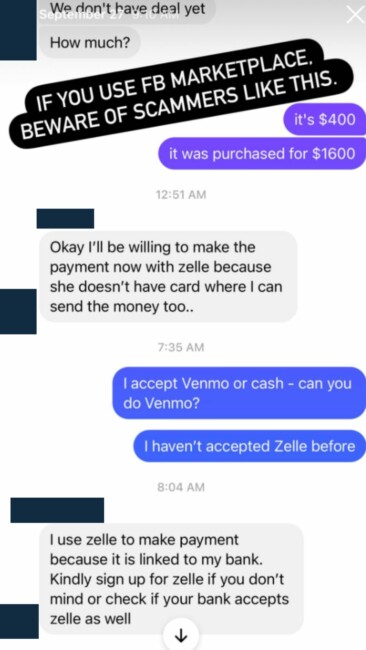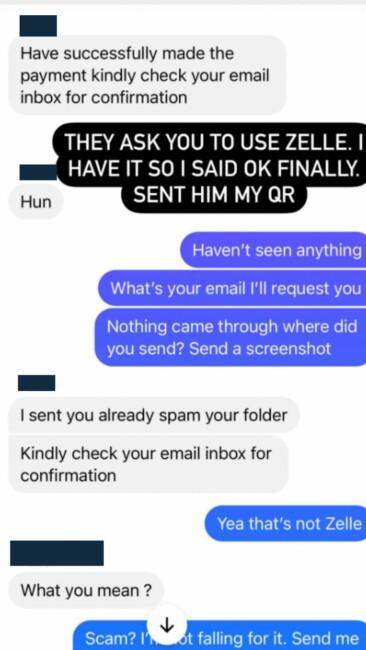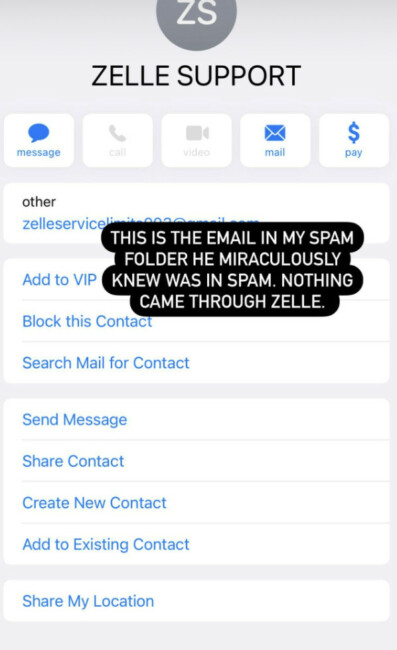Unmasking the Facebook Marketplace Scam
Protecting Your Wallet and Privacy
In an age where online marketplaces have become the norm, Facebook Marketplace has emerged as a popular platform for buying and selling goods. With convenience at your fingertips, it’s easy to browse listings and connect with local sellers. However, like any online marketplace, Facebook Marketplace is not immune to scams. In this blog post, we will delve into the world of Facebook Marketplace scams, understand the common tricks scammers use, and equip you with the knowledge to protect yourself from falling victim to them.
The Anatomy of a Facebook Marketplace Scam
- The Phantom Product
Scammers often post listings for high-demand, low-cost items, such as smartphones, gaming consoles, or designer clothing. These listings are typically priced well below market value, luring potential buyers with an offer that seems too good to be true. And, as the old saying goes, if it seems too good to be true, it probably is.
- Poor Grammar and Spelling
Many scam listings contain grammatical errors, awkward phrasing, or odd language choices. These mistakes are often telltale signs that the listing might be a scam. Legitimate sellers typically take the time to provide clear and concise descriptions of their items.
- Fake or Stolen Photos
Scammers often steal images from legitimate listings or the internet to create enticing fake listings. If you’re suspicious, perform a reverse image search on Google to see if the image has been used elsewhere online.
- Sketchy Contact Information
Scammers may ask you to contact them through an email address rather than Facebook Messenger. This allows them to communicate off the platform and avoid detection. Be wary of any requests to switch communication channels.
- Shady Payment Requests
Scammers might request unconventional payment methods, such as wiring money through Western Union, sending gift cards, or using cryptocurrency. These methods offer little to no recourse for getting your money back if the deal goes south. Always prefer payment options with built-in buyer protection, like PayPal or Facebook Pay, within the Marketplace platform.
In fact, one real incident illustrates the risks involved with non-standard payment methods. In the above screenshot, the scammer was adamant about using Zelle®, even to make a payment — not just receive one. Zelle® is a popular money transfer service, but it lacks the robust buyer protection that some other platforms offer. Any third-party payment and wiring can be risky, including Venmo and Cash App. These apps exchange money almost instantly and can be really difficult to trace and recoup lost funds. According to Reader’s Digest, “Facebook’s Purchase Protection policies only cover payments made through Facebook Checkout, so there is no guarantee you will get your money back if you pay with another method.” While scams can happen on any of these apps, Zelle® scams, in particular, have become increasingly popular.



Tips to Avoid Falling for a Facebook Marketplace Scam
- Trust Your Instincts
If a deal feels too good to be true, it probably is. Be cautious and skeptical of listings that seem too enticing.
- Verify the Seller
Check the seller’s profile to see if they have any reviews or recommendations. A well-established profile with positive feedback is a good sign of a legitimate seller. However, some scammers create fake profiles with phony reviews, so this should not be your only method of verification.
- Communicate Through the Platform
Always use Facebook Messenger to communicate with sellers. It offers an added layer of security and makes it easier to report suspicious activity.
- Meet in Person
Whenever possible, meet the seller in person to inspect the item before making a payment. Ensure that the item matches the description and photographs in the listing.
- Use Secure Payment Methods
Opt for payment methods with built-in protections. If you choose to use Facebook Pay, make sure to use it within the Marketplace platform.
- Be Cautious with Personal Information
Do not share sensitive information, such as your home address, phone number, or financial details, with sellers until you’re confident of their legitimacy.
Facebook Marketplace can be a fantastic resource for buying and selling goods locally, but it’s crucial to remain vigilant and informed. Scammers are out there, waiting to take advantage of unwary shoppers. By familiarizing yourself with common scam tactics and following the tips outlined in this post, you can significantly reduce your risk of falling victim to a Facebook Marketplace scam. Remember, an extra layer of caution can go a long way in safeguarding your wallet and privacy. Stay safe while enjoying the convenience of online shopping.




